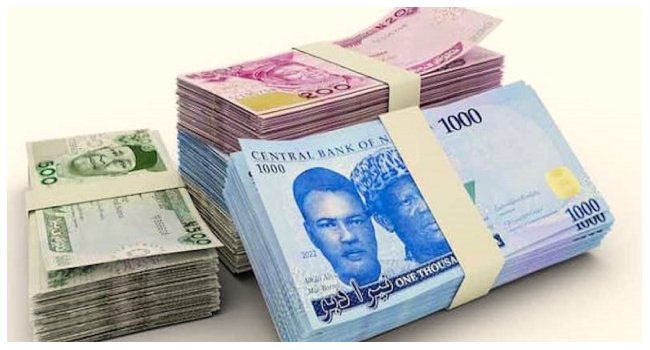Nigeria’s maize importation has witnessed a dramatic decline over the past decade, dropping from $154.24 million in 2017 to just $1.1 million in 2023, according to data sourced from Trademap and analyzed by African Health Reports (AHR).
In 2014, the country imported maize worth $58.11 million. This figure dropped significantly to $19.55 million in 2015. A brief surge occurred in 2016 and 2017, with imports climbing to $56.4 million and $154.24 million, respectively. However, the trend reversed sharply, with imports decreasing to $25.05 million in 2018, $14.47 million in 2019, and $87.08 million in 2020.
From 2021, the decline became even more pronounced, with imports falling to $4.78 million, $1.82 million in 2022, and hitting a low of $1.1 million in 2023.
Experts attribute this sustained drop to policies promoting local maize production and restrictions on foreign exchange for agricultural imports. “This remarkable decline in maize importation reflects the impact of Nigeria’s efforts to promote local agriculture and reduce dependence on imports,” the analysis stated, citing Trademap data.
The figures highlight a significant shift in Nigeria’s agricultural and trade landscape, marking progress toward achieving self-sufficiency in maize production.



